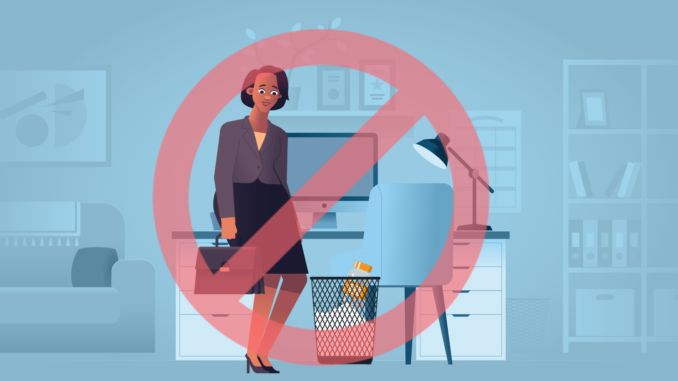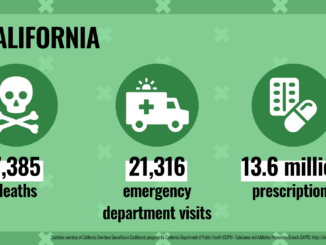
Medication take-back bins help keep communities safe and clean
by Anne Stokes
Whether to cure disease, ease pain, or prevent illness, prescription medications keep people healthy. Unfortunately, along with the power to heal, drugs also have the potential to cause harm when misused or improperly discarded. Safe disposal drug take-back bins provide a convenient way to keep unwanted medications out of the environment and out of the hands of those who would misuse them.
“Take-back bins provide a safe place for people to put their unwanted or expired medications,” says Sgt. Brian Gunsolley of the Orange County Sheriff’s Department. “There’s so much medication being dispensed into the community, we want to get rid of and get it out of the environment so that young people won’t have an opportunity to use that medication.”
Don’t rush to flush
Even in the recent past, people were advised to flush unwanted medications down the drain or throw them away in the trash. Unfortunately, most wastewater treatment facilities can’t remove pharmaceuticals, meaning what gets flushed down the drain pollutes the same watersheds that often supply communities’ drinking water.
Not getting rid of unwanted medications has its risks
According to the Centers for Disease Control and Prevention, an average of 45 Americans died every day from prescription opioid overdoses in 2021, for a total of 280,000 deaths. And this was nearly five times the number of deaths in 1999. Similarly, two-thirds of teens who admit to abusing painkillers say they got them out of home medicine cabinets. And each year, approximately 59,000 children in the U.S. end up in emergency departments because of accidental poisoning.
“One of our biggest problems is that kids are getting their hands on these medications. They go over to grandma and grandpa’s house where there are lots of medications and they’ll take some pills,” Gunsolley explains. “That’s really dangerous for teenagers: They can get addicted, they can overdose, they can go to a party and mix it with alcohol or other drugs, and that can be fatal.”
A better option
According to Gunsolley, one of the most common reasons people don’t use medication take-back bins is the fact they don’t know the resource exists.
“A lot of people say, ‘I know I’m not supposed to throw it in the trash, but I didn’t know where else to put them,’” he says. “The last time we did a take-back event, we took in a little over 3,000 pounds of medications in just the sheriff’s department-sponsored areas; that’s not counting the whole county.”
To find a bin near you, go to medtakebackcalifornia.org.
Read more stories about med bins in Orange County.
Brought to you by the California Drug Take-Back Program and the California Product Stewardship Council.
Recent facebook posts from California Product Stewardship Council

The California Product Stewardship Council (CPSC) is a powerful network of local governments, non-government organizations, businesses, and individuals supporting policies and projects where producers share in the responsibility for managing problem products at their end of life.
CPSC is California’s thought leader and expert on Product Stewardship and the Extended Producer Responsibility (EPR) movement.
EPR enjoys the support of more than 26 million Californians. That’s nearly 70% of the state's population! Nearly 150 resolutions have been passed by California local jurisdictions and organizations supporting a more sustainable and toxic free environment through product stewardship. CPSC works closely with companies who have redesigned products for reuse as well as those who have established pilot or permanent collection programs with some sharing of costs with others in the product chain.
California Product Stewardship Council


